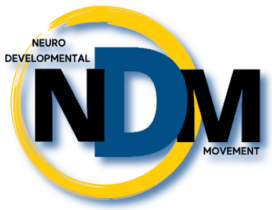“What role do the dynamics of a family play in a child or adult recovery? Should the entire family participate in the program?
In our NeuroDevelopmental Movement® practice, the most common family dynamic we see is that the child who was designated the ‘problem’ starts getting better, fewer rages, less screaming, etc. Sometimes a sibling who may have been quiet and complacent will suddenly become the rager or screamer.
I have worked with adults in whose family they are the designated ‘crazy person’. My practice used to include many adults. Working with one ‘designated crazy person’ in a family in which no one was balanced and reasonable, I watched over the years as the brother died, the mother and father both passed, and my client came into her own, as she no longer had that role to fill. In fact, as therapy progressed when her family was still alive, she became much more functional than other family members, and was shunned further, with more emphasis on her ‘crazy person’ role. I believe she became healthy after their deaths because she was no longer filling the role that had been hers for 42 years.
And, finally, in a complete replication of a ‘neurodevelopmental’ symptom, I worked with a 3-year-old who held his arm and hand curled in toward his chest, as though he had cerebral palsy just in that one arm. After some exploring, we realized that when this child was just starting to walk, his father had broken his arm and it was in a cast and a sling for a prolonged period of time. The child clearly took his walking ‘style’ from his father’s walk at the time. Over time, we were able to ferret out his concept that men walk with one arm curled up at the chest!
I believe that in some children adopted, even at a young age, the role they were to play in their biological family comes into conflict with the role the new family wants for them, and creates a great deal of conflict aside from any neurological or biomedical dysfunctions.
So, in answer to your question about family therapy, I find that when family dynamics are a factor in the recovery of the designated client, or when the family seems ‘off-balance’ even as the child continues to grow and change, it is well worth it to consider family therapy. Whether or not other family members should be doing the program would be a question to ask your consultant.

